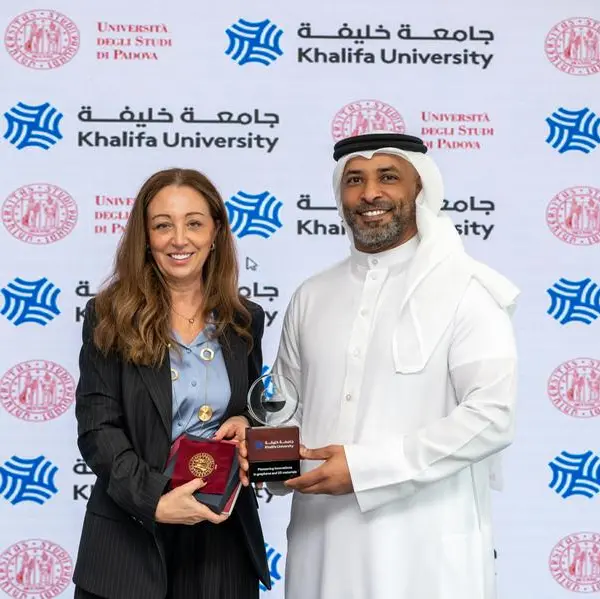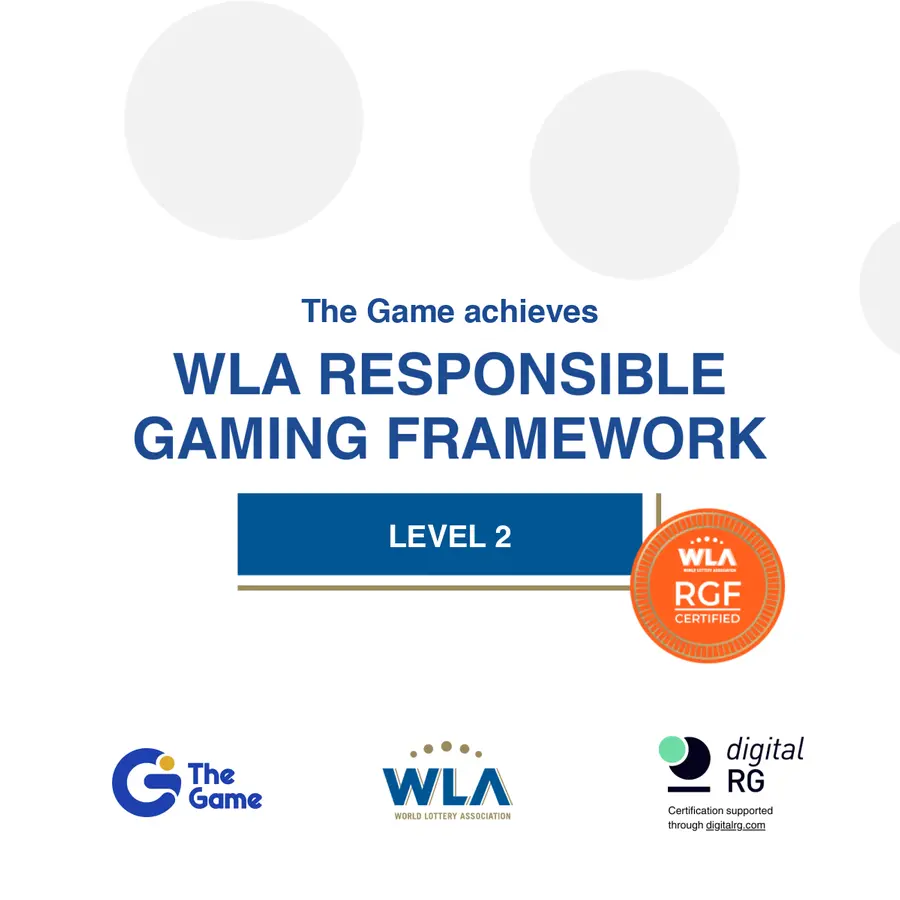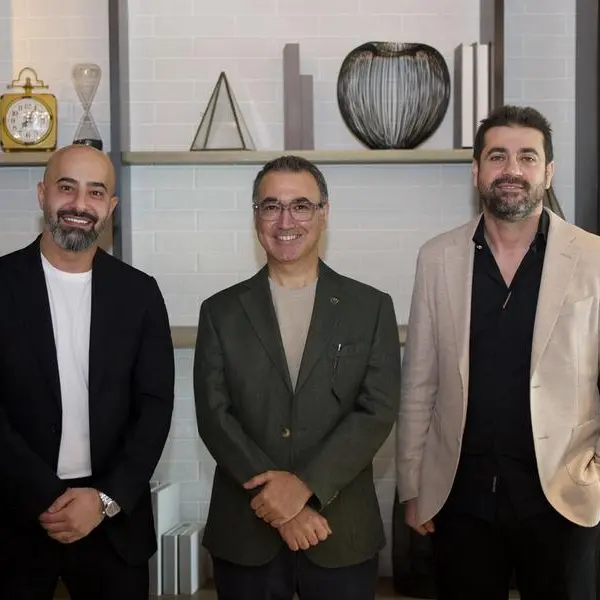Philemon Lar, a 39-year-old farmer living in Bokkos local government area (LGA) in Plateau State, Nigeria, got to know about his Hepatitis status in 2015 when he went to the hospital to donate blood for his cousin who was to undergo surgery.
“It was after the donation process that the laboratory technologist called me and informed me that my blood could not be used as it was reactive for hepatitis B. I was initially scared, however, a nurse at the hospital allayed my fears. I still do regular medical checks, and I have since been careful with my diet and desist from taking alcoholic or any fermented drink”, he says.
The World Health Organization (WHO) estimates that in Africa including Nigeria, more than 90 million people are living with hepatitis, accounting for 26% of the global total. Nigeria, with an estimated population of 190 million people, has a prevalence rate of 8.1 (16 million) and 1.1% (2.2 million) for hepatitis B virus (HBV) and hepatitis C virus (HCV) among adult aged 15-64 years respectively (based on the 2018 Nigeria HIV/AIDS Indicator and Impact Survey (NAIIS) report), but many like Mr Lar, get to know about their hepatitis status by chance or when already ill.
Commemorating World Hepatitis Day 2021
Due to the severity of the disease, Nigeria on 28 July joined WHO to mark 2021 edition of World Hepatitis Day with a ministerial Press briefing to raise awareness on viral hepatitis – infection of the liver, which, when chronic, can cause severe liver disease and liver cancer.
At the event with over 20 journalists in attendance, Nigeria’s Minister of Health, Dr Osagie Ehanire urges all Nigerians to work together to eliminate the silent killer, viral hepatitis by going to any health facility and get screened, as it is a simple rapid testing exercise.
He noted that has become imperative to improve community engagement, political leadership, testing and treatment, and scale up high impact intervention because the mortality rate from both infections remains alarming despite limited global progress in addressing the scourge.
This year’s theme “Hepatitis can’t wait” with a national sub theme: “National Ownership and Financing for Viral Hepatitis Elimination” is an urgent call to governments and stakeholders to improve effort towards eliminating a disease that globally kills one person every 30 seconds, even in the current COVID-19 crisis.
In his goodwill message, WHO Nigeria Country Representative, Dr Walter Kazadi Mulombo commended the efforts of the government towards elimination of viral hepatitis, saying Nigeria is among the 14 countries that is implementing hepatitis B birth-dose vaccine, and routinely screen all donated blood and blood products for HBV and HCV.
He noted that though the birth dose and pentavalent hepatitis vaccine is provided free of charge for all under 5 children, more needs to be done to prevent mother to child transmission (PMTCT) as the health system is challenged with ensuring access and availability for infant and children testing and treatment for pregnant women and mothers.
Encouraging all stakeholders in maternal and child health to consider integrating hepatitis B interventions into antenatal care services together with the HIV, the Syphilis, and PMTCT programme, Dr Mulombo pledged WHO’s commitment to continuing partnership with Federal Ministry of Health, National AIDS/STI Control Program (NASCAP)and other departments as well as partners and stakeholders working on viral hepatitis through provision of technical support, and innovations towards the attainment of the set targets.
Dr Mulombo urged journalists to “champion this cause to rapidly improve access to services to prevent, diagnose and treat hepatitis in Nigeria.”
Hepatitis is preventable, treatable and curable. There are five different hepatitis viruses, referred to as types A, B, C, D and E. While they all cause liver disease, they have different modes of transmission, severity of the illness, geographical distribution and prevention methods.
Distributed by APO Group on behalf of World Health Organization (WHO) - Nigeria.
© Press Release 2021
Disclaimer: The contents of this press release was provided from an external third party provider. This website is not responsible for, and does not control, such external content. This content is provided on an “as is” and “as available” basis and has not been edited in any way. Neither this website nor our affiliates guarantee the accuracy of or endorse the views or opinions expressed in this press release.
The press release is provided for informational purposes only. The content does not provide tax, legal or investment advice or opinion regarding the suitability, value or profitability of any particular security, portfolio or investment strategy. Neither this website nor our affiliates shall be liable for any errors or inaccuracies in the content, or for any actions taken by you in reliance thereon. You expressly agree that your use of the information within this article is at your sole risk.
To the fullest extent permitted by applicable law, this website, its parent company, its subsidiaries, its affiliates and the respective shareholders, directors, officers, employees, agents, advertisers, content providers and licensors will not be liable (jointly or severally) to you for any direct, indirect, consequential, special, incidental, punitive or exemplary damages, including without limitation, lost profits, lost savings and lost revenues, whether in negligence, tort, contract or any other theory of liability, even if the parties have been advised of the possibility or could have foreseen any such damages.



















